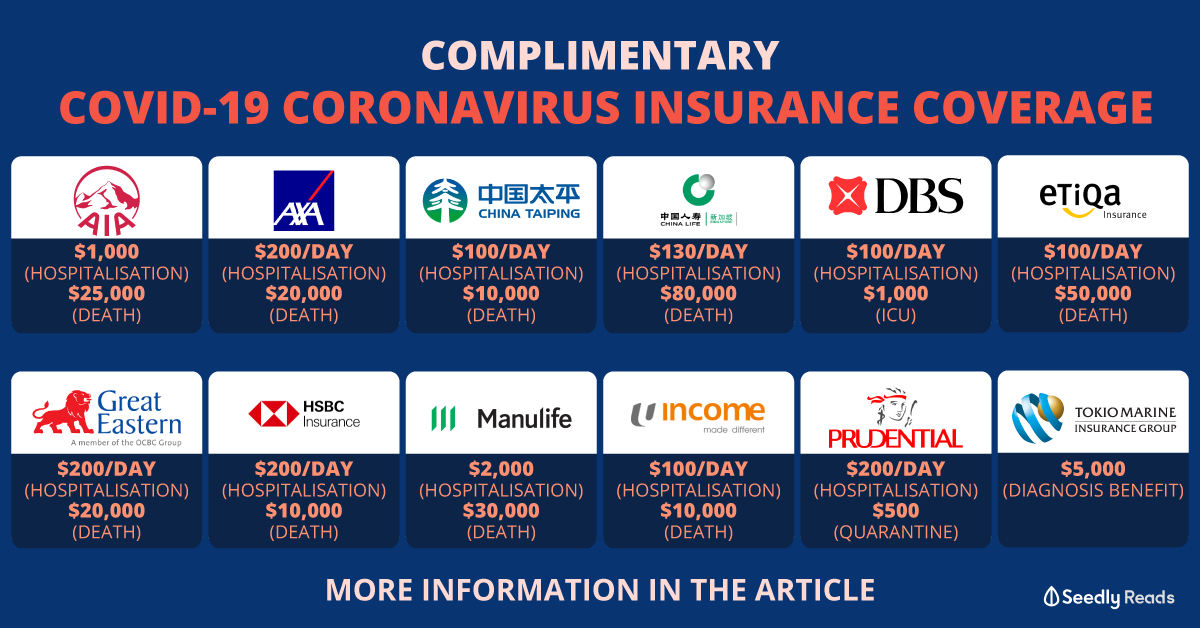Advertisement
Anonymous
Should I terminate or reduce insurance coverage on ILP?
I'm 29yo, I have a GE smart life advantage ILP for 5 years. Recently I am looking at my investment and realise that I will only breakeven when I'm at 35 years (invested 77k, get back 89k if the projected rate is 8%). My insurance told me that only at the 4th year, 100% of my premium is being invested. I was told ppl usually terminate ILP around 50yo when insurances are getting pricier. I wonder if I want to cut loss > buy term plan and invest in Robo/Endowus for better return.
15
Discussion (15)
Learn how to style your text
Elijah Lee
28 Sep 2020
Senior Financial Services Manager at Phillip Securities (Jurong East)
Reply
Save
Lin Yun Heng
28 Sep 2020
Senior Analyst at Delphi
Just took a look at your ILP. This is a hybrid policy which offers Risk + Wealth Portions respectively. Termination/reducing the premium paid will be highly dependent on what you are planning to do with the money. If it is for protection (insurance), then you should just continue since you probably bought it to lock in critical illness definitions (unless you bought it after August).
The surrender value when you decide to terminate around 50yo will be higher than average as compared to a whole life plan in most cases. If you treat the invested amount as expenses to cover for your rainy days instead of an amount for your retirement nest egg, then I believe it is still good to keep the policy. Also do note of the penalties you have to pay up if you terminate the policy early but of course you have to ask your FA on this.
One important thing is to ask yourself why you got this policy in the first place:
Is it because it is cheap?
Want to lock in critical illness definitions?
Wanted to invest but didn't know how to?
Agent hard sell you?
Didn't do due diligence?
If the above reason resonates, then I believe you have to find out the purpose of this "investment" in the first place and see if it is better to put this money somewhere else based on opportunity cost.
However, if you bought this policy as a form of protection and to lock in critical illness definitions, then I don't see a reason why you should terminate the policy (especially now that CI definitions has already changed and you may get a the worse definition than your current plan)
Hope this helps!
Reply
Save
Like what many has asked, it really depends on your situation and why you got the ILP in the first p...
Read 4 other comments with a Seedly account
You will also enjoy exclusive benefits and get access to members only features.
Sign up or login with an email here
Write your thoughts
Related Articles
Related Posts
Related Products

Endowus
4.7
658 Reviews
Endowus Cash Investments Portfolio
Equities, Bonds
INSTRUMENTS
0.25% to 0.60%
ANNUAL MANAGEMENT FEE
$1,000
MINIMUM INVESTMENT
N/A
EXPECTED ANNUAL RETURN
Web and Mobile App
PLATFORMS
Related Posts
Advertisement









Hi anon,
While I don't recommend mixing insurance with investment, please ensure that you sit down with an advisor to look at your options. Although you may not have had the ILP policy for too many years, to get a replacement policy you will also need to be in good health, and a 90 day waiting period also applies for Critical Illness claims. Hence I would not prematurely surrender the ILP.
Depending on what you want to cover (CI? Early CI? Death/TPD?), you will need to evaluate alternate options available to you. You might need a term plan, or a limited pay whole life, etc, depending on your needs. Once your alternative is in place, then you may decide what to do with the ILP.
If you're getting lifetime coverage for CI/ECI, in general a whole of life limited payment plan would be more cost effective as you'll get your coverage that you need and premiums that are generally level and guaranteed (other than the CI riders which are non-guaranteed) . If your purpose is for death/TPD cover, get a term plan.
I must caution you, 8% p.a. projections are very unrealistic, especially if there is any weightage of bonds funds in your portfolio. Although I do not know what funds were recommended to you, it is very hard to find equity funds performing at that level, and furthermore, it is by no means any guarantee that you will be able to cash out that amount at 35, investments are not guaranteed after all. Thus don't count on breaking even at 35. Chances are you will not.
Terminating an ILP at 50 comes with risk as well. The chief risk is really; will you still be insurable at that age? If you are not, you're forced to carry on with the ILP as it will cover you for any pre-existing conditions (assuming you got this plan when you were young and healthy). In such a scenario, exponentially escalating mortality charges will far outstrip any fund returns, your policy will likely self-terminate in your 60s or 70s and you won't get a cent back, after paying $7.2K/yr for so many years.
Contrast this with say, a whole life plan where protection is guaranteed, or stand alone investments, where your portfolio value is just dependent on market conditions and not eroded by something (i.e. mortality charges) that are not related to investing at all.
I've said more than I really should but I hope you get my point. Please speak with an advisor for further analysis of your situation, and remember to compare across various insurers for the most cost effective whole life/term plans.